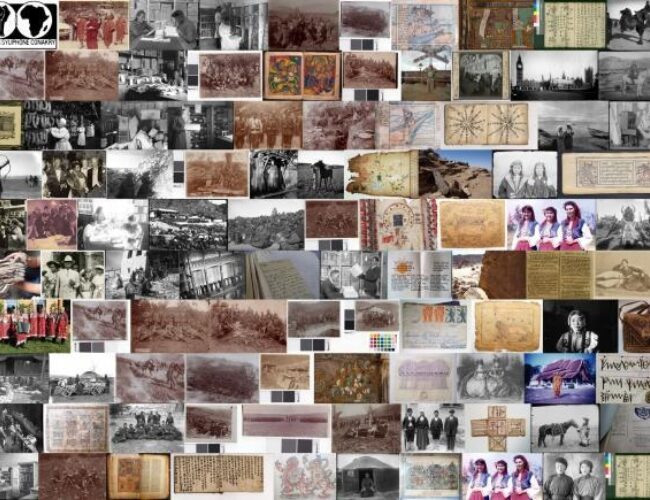The Bibliothèque Haïtienne des Frères de l’Instruction Chrétienne in Port-au-Prince holds the only extensive collection of 19th century newspapers in Haiti. These shed light on the history of Haiti from the unification to the late 19th century. Natural disasters on the island put the material at great risk.

Founded in 1912, the Bibliothèque Haïtienne des Frères de l'Instruction Chrétienne in Port-au-Prince is one of the oldest active libraries and it holds the most extensive newspaper collection in the country. The papers date from 1813 to 1900, a period when Haiti, emerging from a revolution that ended slavery, was organised into an agricultural society with considerable distance between town residents and its peasant majority. This is a period in Haitian history that scholars have yet to explore, precisely because of the scarcity of material and limited access to the resources.
The documents are endangered due to the country’s vulnerability to natural disasters and lack of infrastructure, as seen in 2016 with Hurricane Matthew. BHFIC’s building was renovated in 1994 and underwent minimal repairs after the 2010 earthquake, despite damages to the collection.
The project digitised 9,668 pages of newspaper dated from the 1840s to the turn of the 20th century. The project trained archivists and librarians from different cultural institutions across the country, and set up two digitisation stations at BHFIC, which will be used for the continuing digitisation efforts of the collection. The project facilitated co-operation between the Haitian institution and Yale and Duke University.
